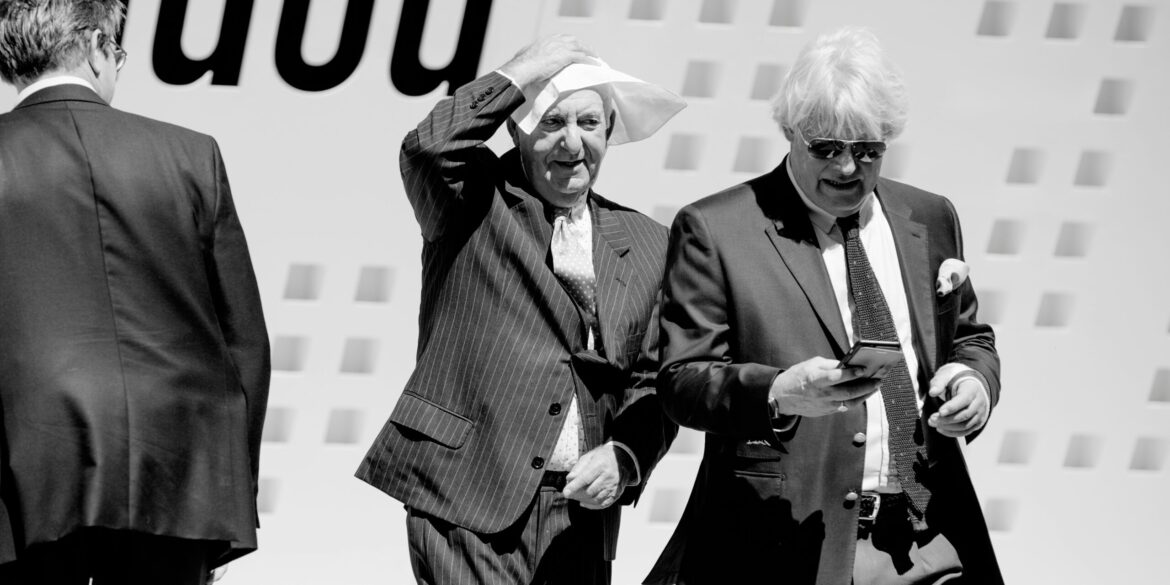The Democratic National Committee (DNC) has made the controversial decision to remove David Hogg, the student activist turned political figure, and Pennsylvania State Representative Malcolm Kenyatta from their vice chair positions. This move follows a procedural complaint and marks a significant shake-up within the DNC’s leadership structure. The removal of both figures comes in the wake of growing tensions over Hogg’s high-profile push to challenge Democratic incumbents, which has stirred significant backlash within the party.
David Hogg, best known for his activism following the tragic Parkland school shooting, has been a vocal advocate for political change and reform within the Democratic Party. His group, Leaders We Deserve, committed $20 million to primary efforts targeting Democratic incumbents, particularly those in safe seats, in what he described as an effort to push the party toward more progressive policies. However, his strategy has drawn sharp criticism from within the party, with many seeing it as a divisive approach that could weaken the Democratic coalition by challenging sitting members who are viewed as loyal to party values.
The controversy surrounding Hogg’s actions reached a boiling point when his challenge to incumbent Democrats became a focal point of intra-party conflict. Critics, including many within the DNC itself, argue that his efforts were incompatible with the leadership role he held within the committee. The DNC’s decision to remove him, alongside Kenyatta, was seen by many as a necessary response to the growing tension within the party, with some members accusing Hogg of overstepping his bounds as a vice chair.
Malcolm Kenyatta, a rising star within the Democratic Party and a strong advocate for progressive causes, found himself caught in the crossfire of this internal party dispute. While his removal was tied to the same procedural concerns, Kenyatta’s departure is also symbolic of the broader divides within the party. His support for Hogg’s efforts, particularly regarding primary challenges, placed him at odds with more moderate factions of the DNC, who viewed such actions as counterproductive to maintaining party unity ahead of the 2024 election cycle.
The decision to vacate the two vice chair positions has sparked anger among certain DNC members and elected officials who view it as an attempt to stifle progressive voices within the party. Many argue that the DNC should embrace the energy and ideas of younger, more diverse leaders like Hogg and Kenyatta, rather than sidelining them for challenging the status quo. Some have expressed concerns that the party’s leadership is becoming too disconnected from the base, particularly progressive voters who are seeking more bold actions on issues like climate change, healthcare, and income inequality.
In response to the vacancies left by Hogg and Kenyatta’s removal, the DNC has announced that new elections will be held for the vice chair positions. The male vice chair election is scheduled to take place between June 12 and June 14, followed by the election for the second, gender-neutral vice chair, set for June 15 to June 17. These elections are expected to be closely watched, as they will provide further insight into the direction the DNC is headed in terms of leadership and its relationship with progressive factions of the party.
The fallout from this move highlights the deepening divide within the Democratic Party as it grapples with competing visions for the future. On one side, there are those who advocate for more traditional, centrist policies and leadership, while on the other, a growing progressive wing is demanding more radical change. The removal of Hogg and Kenyatta reflects the ongoing struggle over the party’s ideological direction as it prepares for the 2024 presidential election.
As the DNC navigates these internal conflicts, the question of how best to balance the party’s diverse factions remains unresolved. Some members fear that alienating progressive voices like Hogg and Kenyatta could lead to voter disengagement, especially among younger voters who have become increasingly disillusioned with the party establishment. At the same time, others argue that maintaining unity and avoiding intra-party challenges is crucial for winning national elections and holding onto control of Congress.
The aftermath of the DNC’s decision will likely reverberate throughout the party in the coming months, with new leaders potentially rising to prominence in the wake of Hogg and Kenyatta’s removal. The election for the vacant vice chair positions will be an important indicator of how the party plans to balance its competing factions as it moves forward. For now, the removal of two prominent progressive leaders underscores the deep tensions within the DNC and the ongoing debate over the future of the Democratic Party.

